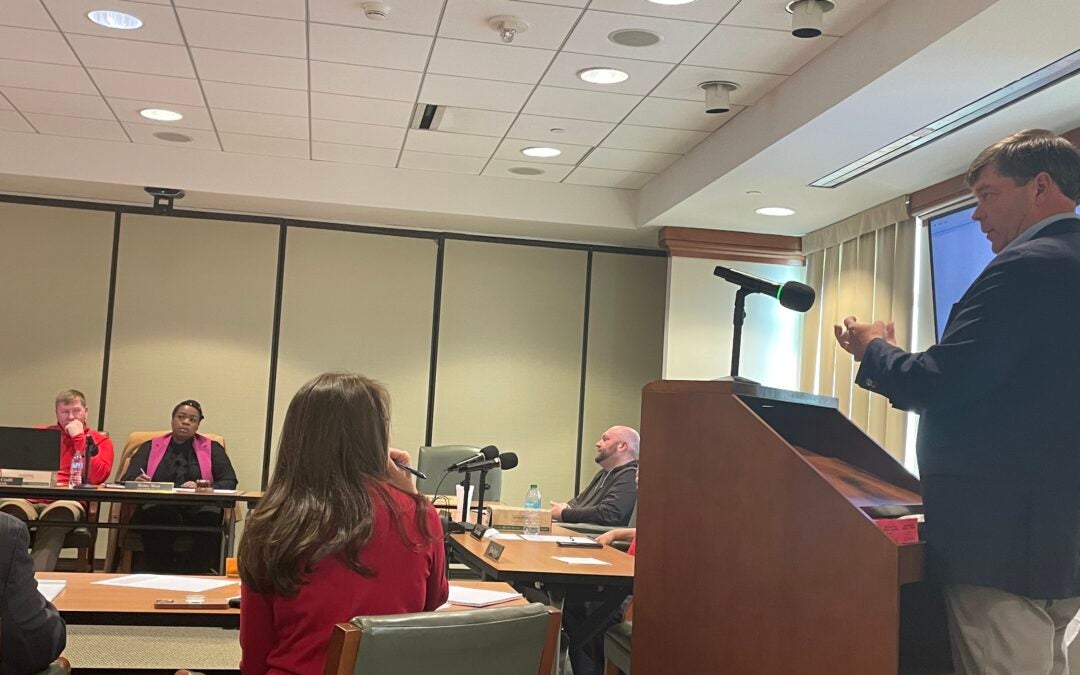ATLANTA – Private contractors working for government agencies are subject to Georgia’s Open Records Act, the state Supreme Court ruled this week.
The high court’s unanimous decision overturned a lower court’s dismissal last August of an open records lawsuit filed against a Georgia Tech professor for failing to respond to an open-records request for information concerning his service to the university as a private contractor.
The professor had argued that the legal obligation to produce public records lies solely with a public agency, not with an individual employee or private contractor.
The Georgia First Amendment Foundation filed a friend-of-the-court brief urging the court to overturn rulings of both the Georgia Court of Appeals and, before that, a Fulton County trial court.
“The Georgia Supreme Court is a welcome confirmation of Georgia’s commitment to open access to public records,” said Sarah Brewerton-Palmer, vice president of the foundation’s board of directors.
“Government contractors are often the only ones who have copies of the records they create during their work. Forcing the public to go through a government agency to get those records would in many cases mean that the records are never actually provided.”
The Georgia Supreme Court sent the case back to the trial court for further proceedings.









